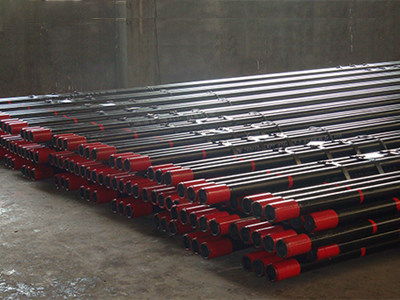Oil casing is one of the main components of oil and gas pipelines, and the oil and gas in it directly contact the ground, so the corrosion resistance of oil casing is highly required.

Casing characteristics of different materials: The materials of oil casing mainly include steel, stainless steel, nickel-based alloy, copper alloy and galvanized steel. The corrosion resistance of these materials is different. Steel casing is easy to corrode, stainless steel casing has strong corrosion resistance, nickel-based alloy, copper alloy and galvanized steel casing have the strongest corrosion resistance. According to the different uses of oil casing, it is necessary to choose casings of different materials.The corrosion-resistant characteristics of oil casings are mainly manifested in the following aspects: oil casings can effectively resist corrosion. Oil casing is wear-resistant. Oil casing is not easily deformed. Oil casing has high strength.

Choose a corrosion-resistant casing: The corrosion resistance of oil casing is an important performance indicator, so this must be taken into account when selecting casing materials. Different materials have different corrosion resistance. Generally speaking, the corrosion resistance of metal materials is stronger than that of non-metal materials. When choosing a corrosion-resistant casing, the material should be selected according to the use environment. If it is used in a humid or acidic environment, a material with stronger corrosion resistance should be selected. Corrosion-resistant casing is generally more expensive, but the service life will be much longer, so it is a wise choice to choose corrosion-resistant casing. At present, the corrosion resistance of oil casing is mainly achieved in two ways, that is, using high-grade steel to make the casing and using special coating materials. As for the selection of steel, it is necessary to judge according to the environment in which the oil casing is used.
